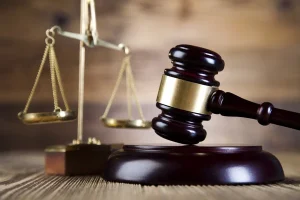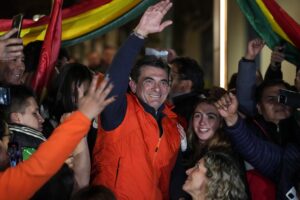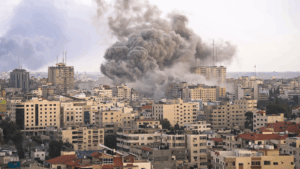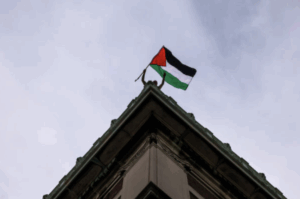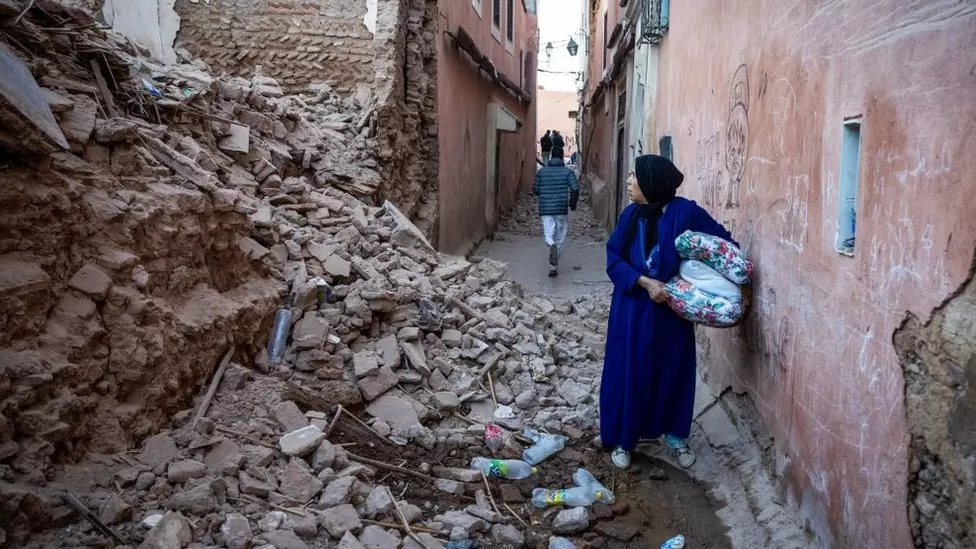On September 8, 2023 at 11:11 p.m. local time, an earthquake of magnitude 6.8 (estimate from the United States Geological Survey – USGS) occurred in Morocco, 70 km southwest of Marrakech. The earthquake was followed by around twenty aftershocks with a magnitude ranging from 2.2 to 4.8. The earthquake was felt over a vast region extending as far as Algeria, Spain and Portugal. This is the strongest earthquake recorded in Morocco by a seismological network. Today, the death number is almost 3,000 people. Historically, Morocco has experienced several earthquakes, the deadliest of which left more than 12,000 dead in Agadir in 1960.
Days of horrors and deaths
Nazim Tasadiq, director of international programs and partnerships at the Birmingham charity said: “As many of the people we see are experiencing homelessness, we are doing everything we can to distribute food, hygiene, blankets and clothes to help them. during this extremely difficult time. Our work took place in rural areas where entire villages were destroyed ». Firefighters and rescue workers came from far and wide to support local relief efforts.
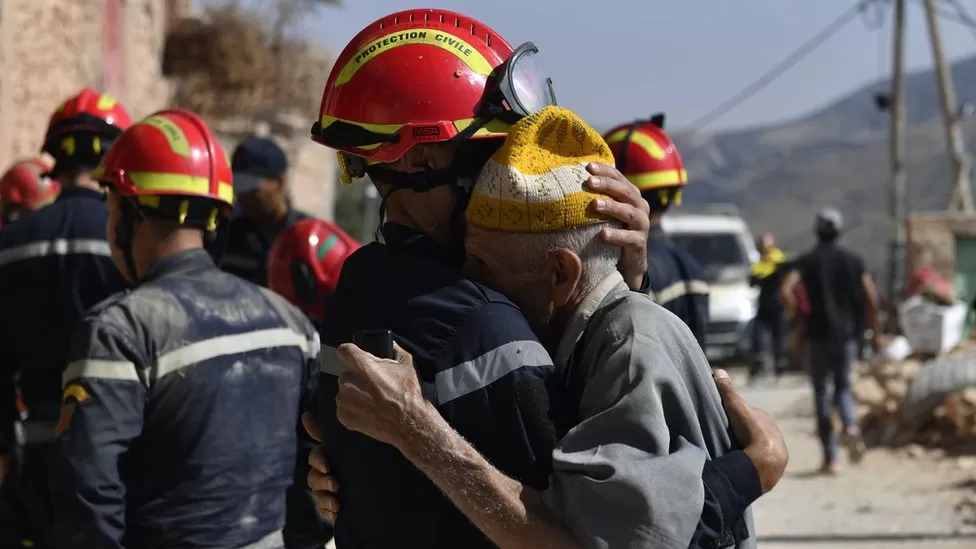
Many people are still homeless and alone. The buildings are unsafe and almost everyone has left their homes. They lost family, friends and the closest people in their lives. The reactions of the international community were numerous. Many heads of state said they were “devastated” by this tragic event and offered their condolences to His Majesty King Mohamed VI, the Moroccan people and the families of the victims.
The government’s response to this crisis has been slow. The country accepted help from Spain, the United Kingdom, Qatar and the United Arab Emirates. France does not appear on the list. An absence which may surprise, since it is traditionally close to Morocco.
Long-standing diplomatic incidents
The absence of France can be understood by looking at the relations between Paris and Rabat, which are not stable. This situation began in 2014 with the Abdellatif Hammouchi affair. During a trip to France, the Moroccan Interior Minister, the head of the General Directorate of Territorial Surveillance (DGST) almost got arrested in Paris. Judges and police came to search the residence of the Moroccan ambassador to France to question him about alleged acts of torture. Morocco did not appreciate the French decision.
Beyond this affair, another one: the Pegasus affair, this spyware which would have been used by Morocco, impacted again their relations. One of the phones of the President of the Republic, but also those of the former Prime Minister, 14 ministers and collaborators of Emmanuel Macron had been targeted. There was also the thorny subject of visas: in September 2021, Paris decided to halve the number of entry permits granted to Moroccans, before returning to normal in December 2022.
Finally, France does not seem ready to budge regarding Western Sahara. For Morocco, Western Sahara takes precedence over any other subject. Rabat wants France to recognize Moroccan sovereignty over Western Sahara, like the United States and Spain. Diplomatic incidents weakened ties. And for months, there has been no Moroccan ambassador in France.
Nevertheless, the French Minister for Europe and Foreign Affairs announced the release of 5 million euros for NGOs present in Morocco in order to help victims of the earthquake. A way of showing France’s desire to help this country, the victims and to support Moroccans, in addition to political ties.
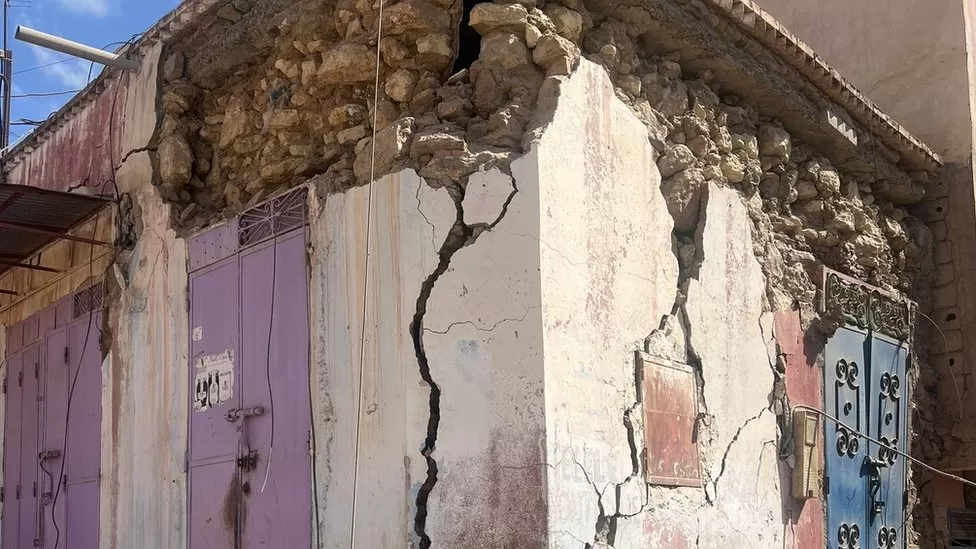
Testimonies that cross the Mediterranean
Abdelhak El Amrani, 33, who lives in Marrakech, told AFP: « We felt a violent shock and I realized it was an earthquake. I saw buildings moving. Then I went out and there were a lot of people. People were all in shock and panic. Kids were crying and parents were distracted.”
Tayebait Ighenbaz was forced to choose between saving his 11-year-old son or his parents when they found themselves trapped under rubble after the Morocco earthquake. “I had to choose between saving my parents or my son”, he said to a journalist.
Nesreen Abu ElFadel was in Marrakech, but Adaseel, the mountain village that housed her school and students, was closer to the epicenter. The Arabic and French teacher returned to Adaseel where she went looking for the children. She discovered that all 32 students – aged six to 12 – were dead.
After all these testimonies, life there is hard and tough for the locals. Throughout associations and international aid, the victims and the homeless people are living under tents inside camps. Organized in several ways, food, blankets, clothes, water, hygienic products, etc. are provided by donations. The Moroccan diaspora remains united and strong. They were the first to come to the aid of the survivors.
All victims are hoping for a near-normal return soon, but rebuilding the ruins will take time and money. It remains to be seen how this will all work out.


